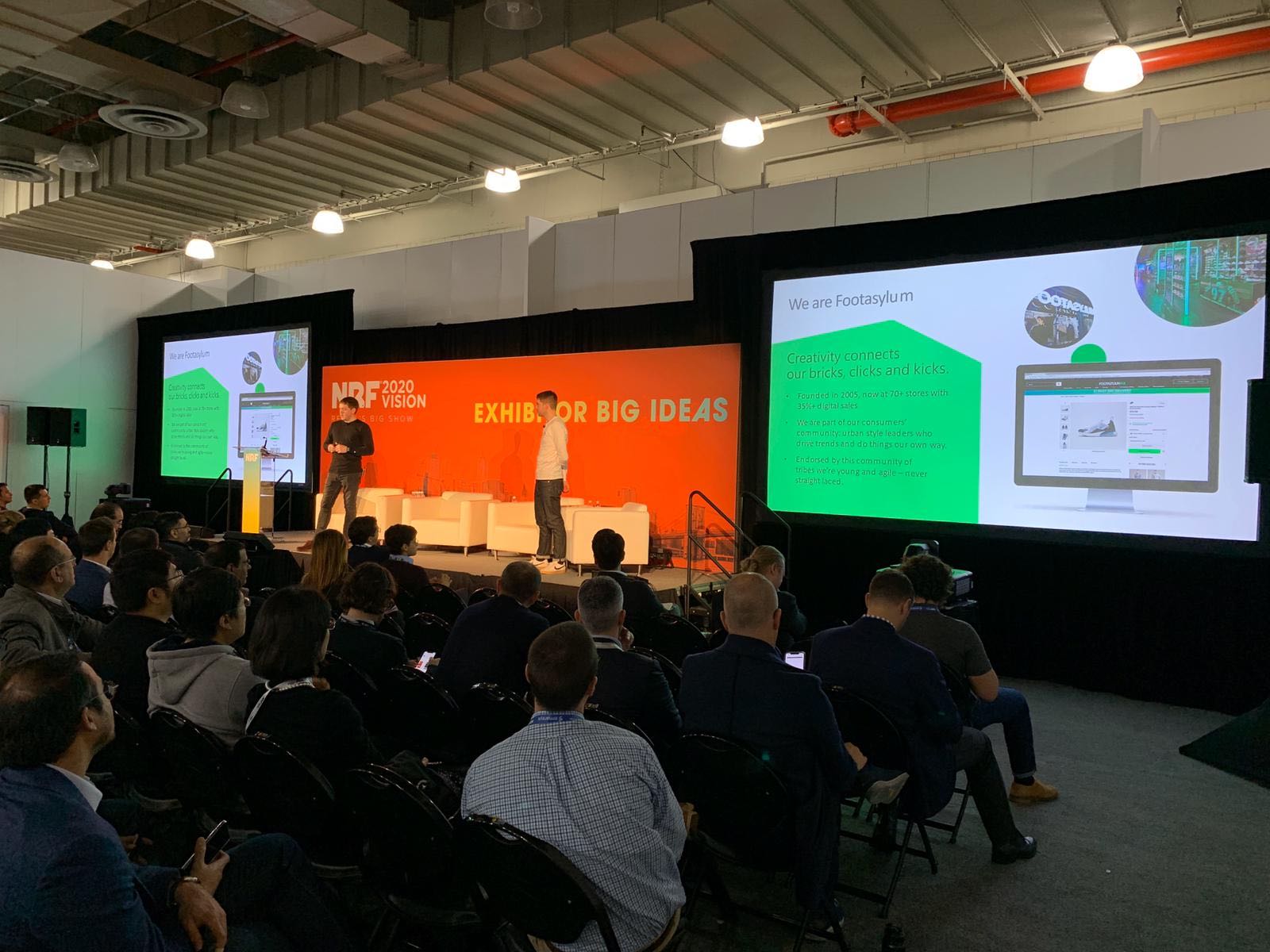Richard Potter: 4 key takeaways from SaaStr 2018
By Richard Potter on February 19, 2018Earlier this month I spent a few days in sunny San Francisco, attending the annual SaaStr conference.
For those of you unaware, SaaStr is arguably the biggest industry event of the year; I was one of more than 10,000 SaaS founders, VCs and execs in attendance, enjoying three days of inspirational talks, presentations and unparalleled networking opportunities.
Often these kind of business events have a tendency to be somewhat stale or stuffy, but that wasn’t at all the case at SaaStr. What impressed me was the sense of community spirit that came across at the event – the SaaS industry is a brilliant community of people who are all trying to build great companies and learn from one another. It was great to see.
I took quite a lot away from this year’s conference, but here are four of the key points that have stuck with me the most since returning to the UK…
1) Build a moat!
This year’s number one recurring theme was around the concept of ‘moats’, and why building one around your company is crucial in today’s market. The general belief of many at the minute is that SaaS is somewhat ‘tired’ – products are becoming less defensible as they become easier to copy, and are becoming ‘less sticky’ because of this.
Businesses need to make the heart of what they do harder to replicate and harder to rip out by building a moat around their company in order to make it more defensible. This isn’t new in business, of course – Warren Buffett has long espoused that looking for businesses with moats is core to his investment thesis – but certainly was a theme that rang out at this year’s conference. For a contrarian view, however, you have to look no further than our own CTO, Atul Sharma, who said to me that in his home state of Rajasthan, history suggests otherwise:
“All kingdoms in my state built big forts with a moat, but couldn’t stop a single invader. They sat in those castles and forgot how to attack and protect their territory. Indian history suggests that all moats do is delay the inevitable.”
2) US opportunities
Spending a few days in and amongst the San Francisco SaaS scene only reaffirmed my belief that establishing a presence in the States is vital for just about every company operating in the tech sector. Not being in the US as an EU company is a significant disadvantage; the majority of us are going to have to make the hop across the pond at some point or another as we scale and in order to tap into the vast talent pool. If you’re looking for a stat to back this theory up, 50% of the entire enterprise SaaS market is based in the United States.
3) Myth-busting
One talk that particularly stuck in the memory was that from Therese Tucker, CEO and Founder of BlackLine – a woman who built her company in the face of many obstacles. She presented a few myth-busters, which were really great to hear:
- There’s no special playbook for success; every business is different
- Being a founder of a company doesn’t make you a rock star – the biggest mistakes happen when you start to believe your own hype
- You’re not founding the next Amazon – you need to write your own story
- You don’t need funding to be successful. It helps, but focus on growing a great business, not impressing VCs
- Hiring the best isn’t a quick-win for being successful; talent needs nurturing, developing and coaching. And, women are still a massively undervalued asset in the market.
4) Culture is king
“If you don’t create a culture of love, you’ll create a culture of fear.”
Culture is something that’s incredibly important to us here at Peak, and this presentation from HubSpot Founder & CTO Dharmesh Shah, with Chief People Officer Katie Burke, really resonated with me. One of the main challenges about scaling a business is keeping that identity and company culture in tact as you grow. Culture is to recruiting as a product is to marketing; it’s the OS of your company. It was great to hear that a global powerhouse such as HubSpot shares the same values as Peak, and reaffirmed to me how important it is.
Talking of culture, the only negative of the trip was seeing first hand the scale of homelessness, poverty and drug abuse right in the heart of San Francisco. For all the money and wealth concentrated in Silicon Valley, I’d hope that it can be used to help the people most in need, too. As Peak grows that is something we’ll be looking to contribute to, as homelessness is a growing issue in the UK and very noticeable here in Manchester.
That’s it. Thanks to all at SaaStr for a great event and an inspiring week!



